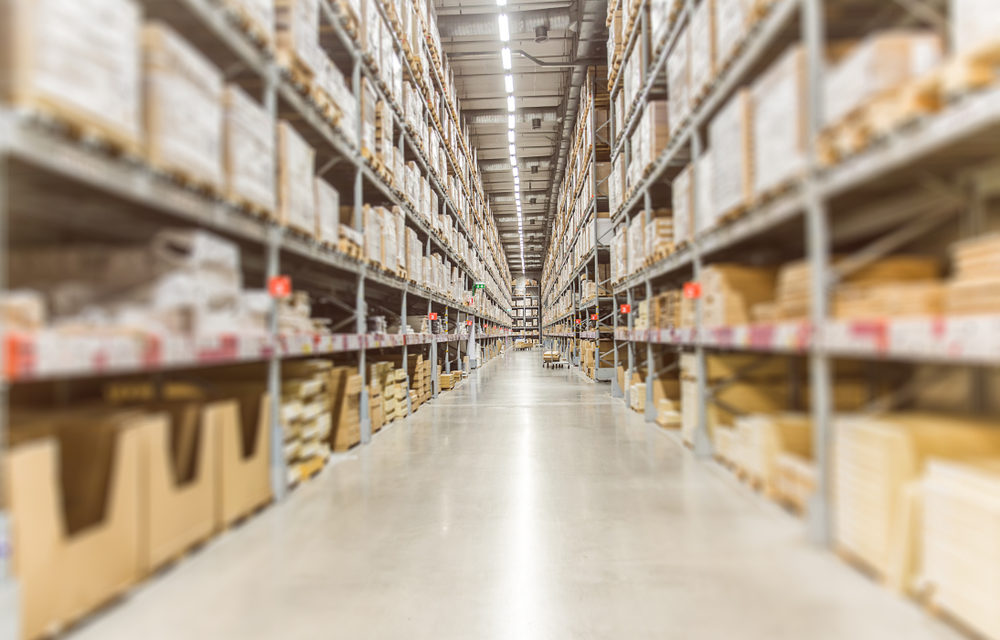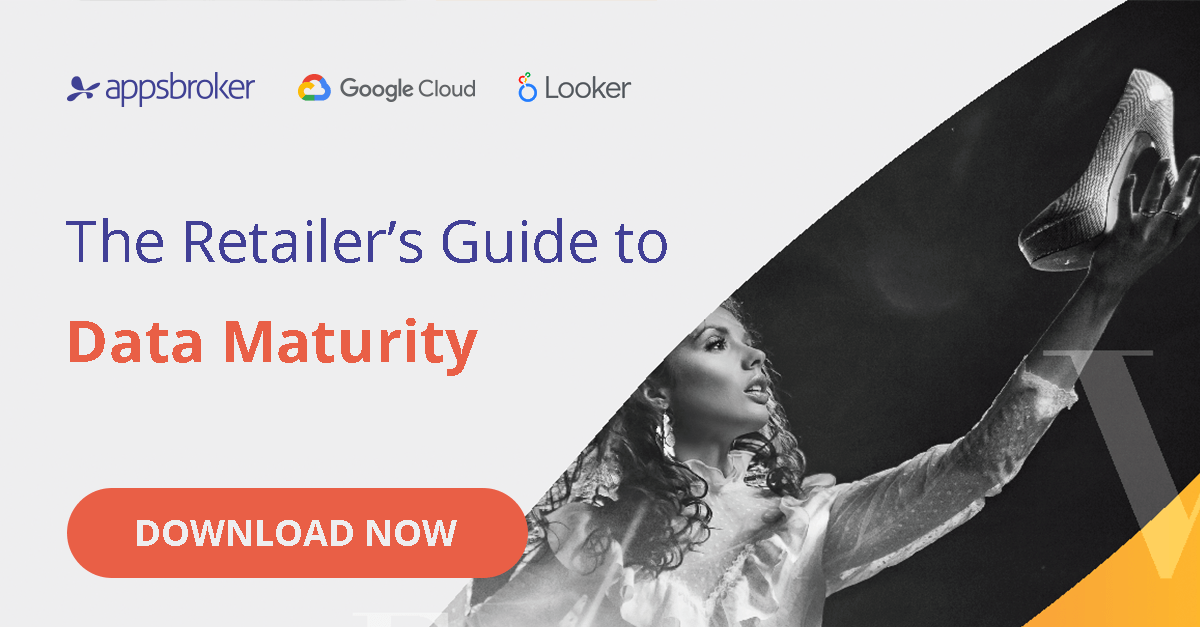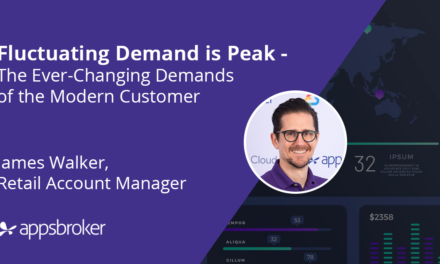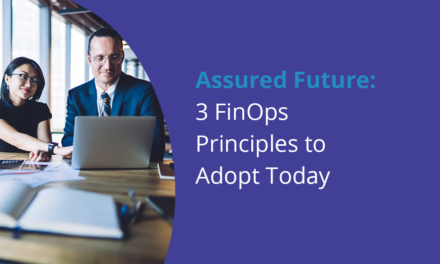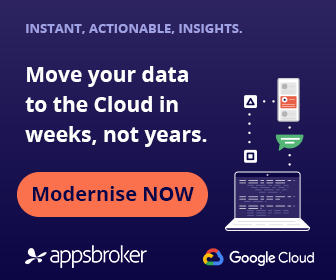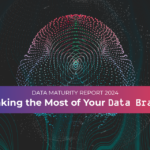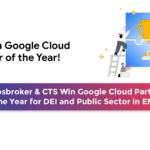Over the years, many big-name retailers have hit the headlines for investigations into their working practices across the supply chain, particularly around the conditions, safety and eco-friendliness of production lines.
The typical response to such claims is for the retailer to launch an investigation of its own and review the areas challenged. However at this point it can often be too late, with both investors and customers questioning any future spend with the business. And more often than not, fixing so many issues at once – and quickly – comes at a significant cost.
Transparency for the Consumer
Consumers are increasingly conscious of the ethical and sustainable nature of the products they buy. Research has indicated that almost half of online shoppers would not purchase from a brand that did not align with their core values. Shoppers want to buy from like-minded businesses, and the retailers that can provide transparency through accurate retail supply chain information will appeal to the socially conscious consumer.
Retailers such as Zara and H&M have developed sustainable product lines and publicly announced changes across their supply chains to operate in a more ethical, responsible fashion. With cloud-connected supply chains, businesses can continually generate data around factors such as carbon emissions and the volume of recycled material used to proactively monitor and improve. These businesses are able to quote how much of their production is sustainable and release statements around the progress they are making. Offering better visibility and following more humane processes isn’t necessarily about claiming to be perfect, but it is about demonstrating awareness, a willingness to improve, and actual growth on these fronts.
With the ongoing threat around COVID-19, it is feasible that retailers promoting safety of operations for staff will gain favour with shoppers as the public looks to support better working practices.
Download The Retailer’s Guide to Data Maturity to find out how we can help you expand your data capabilities, improve performance, and drive revenue on Google Cloud.
Transparency for the Industry
Particularly for fashion brands, an additional revenue stream beyond direct-to-customer is available through concessions with major retailers and department stores. Making products available through retailers such as ASOS or Next can transform the fortunes of a brand by introducing it to a new audience and developing an the association with an established, trusted name.
With wary investors, these department stores and online marketplaces will be keen to ensure that any new partnerships come without risk of unethical working practices due to the repetitional damage that can caused by association – not to mention concessions that they cannot sell. Before commencing any partnership, reviews and audits are commonplace and retailers that are not only operating ethically, but are actually able to demonstrate that they are, will gain favour.
Owning the Full Retail Supply Chain
Not all elements of a supply chain are directly owned by the public-facing retailer, but the consumer is unlikely to know this – and unlikely to be forgiving if any organisation at any stage is behaving unethically or unsustainably. Various suppliers and partners are utilised throughout the process and their actions will reflect upon the retailer, hence it is vital for businesses to be proactive in conducting regular audits.
Related Read: 3 Ways Appsbroker Is Harnessing Retail Analytics to Drive Revenue for Customers
Making It Happen
By connecting the retail supply chain through cloud-based applications and platforms, which have the scale and geographical agnosticism needed to manage the size of many retail operations, businesses can gain a working understanding of how the various disciplines involved within the chain are operating.
Generating data around factors such as excess wasted material and carbon output enables retailers to investigate and proactively make the supply chain more sustainable, as opposed to only ever making improvements reactively. This may be through changing suppliers, working with them to improve their practices or even fulfilling the need internally. Similarly by profiling and auditing working environments across the world and sharing with the business, various teams can make decisions that align with any green, sustainable and ethical goals.
As Google’s Application Development Partner of the Year, at Appsbroker we’ve developed a series of supplier management systems that help users get the most from their supply chain and partners by consolidating information from across their specific network of suppliers for ease of use by operational teams. With transparency over costs, ways of working and efficiencies, retailers can both strive for improvement and leverage their retail supply chain as part of selling to a socially conscious consumer.
Ready to unlock your data potential? Download The Retailer’s Guide to Data Maturity today to find out how we’re helping businesses drive innovation on Google Cloud.

